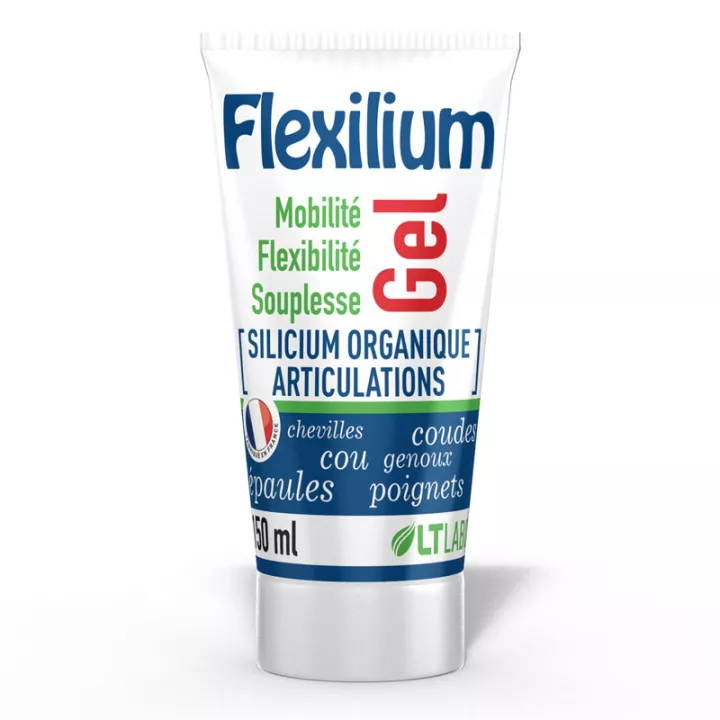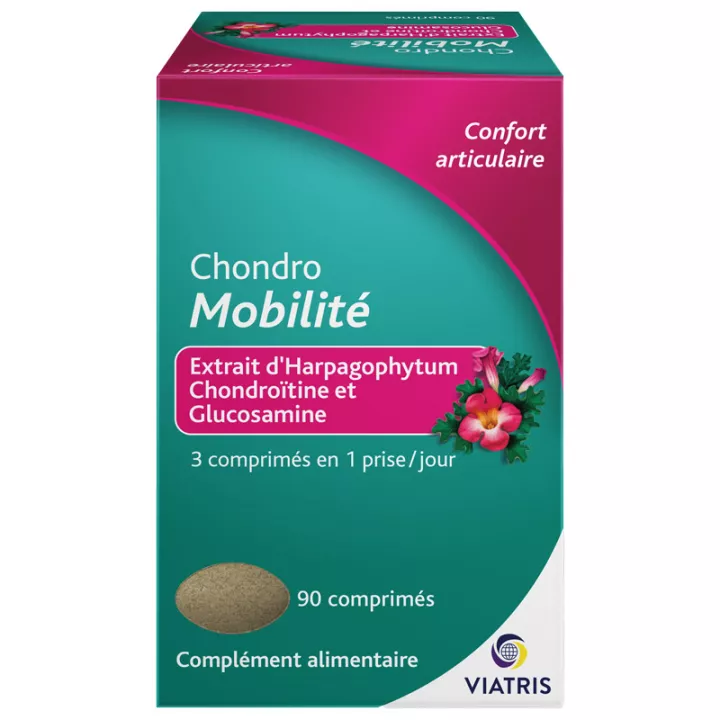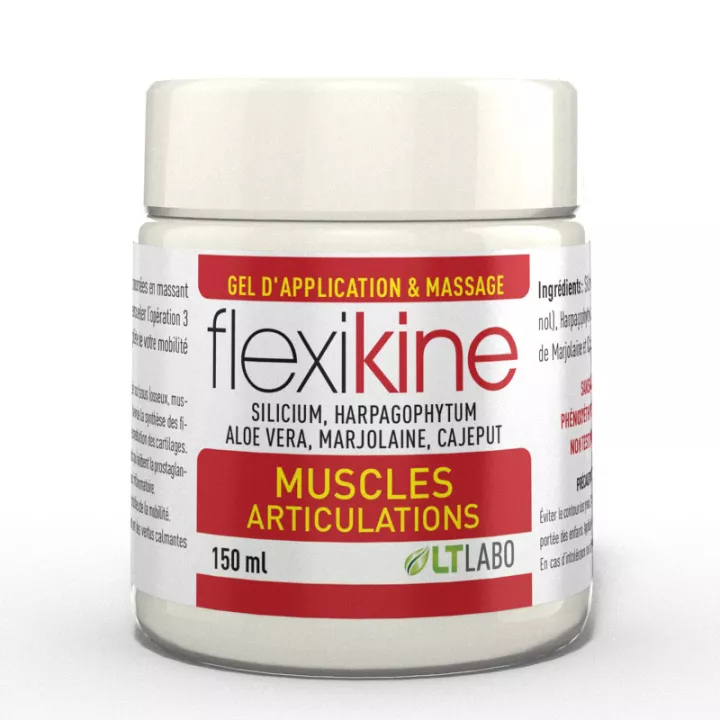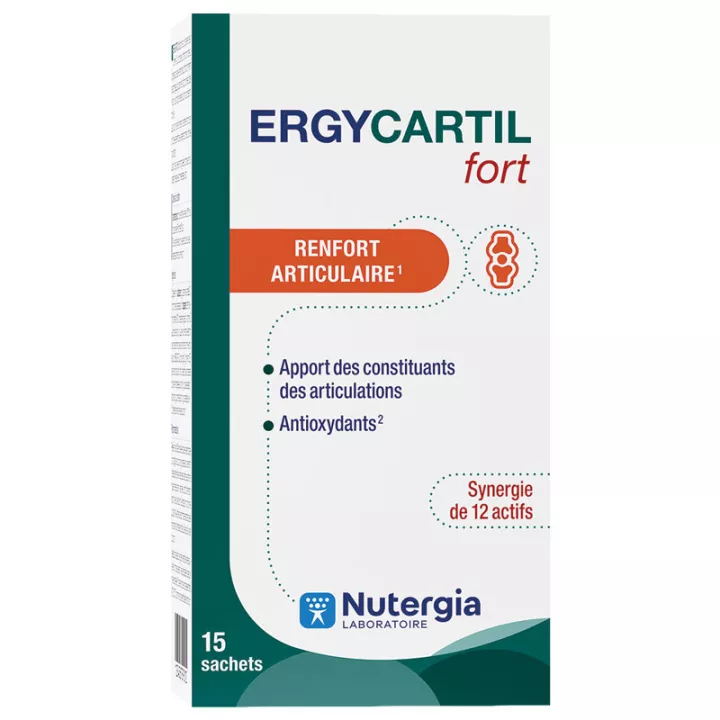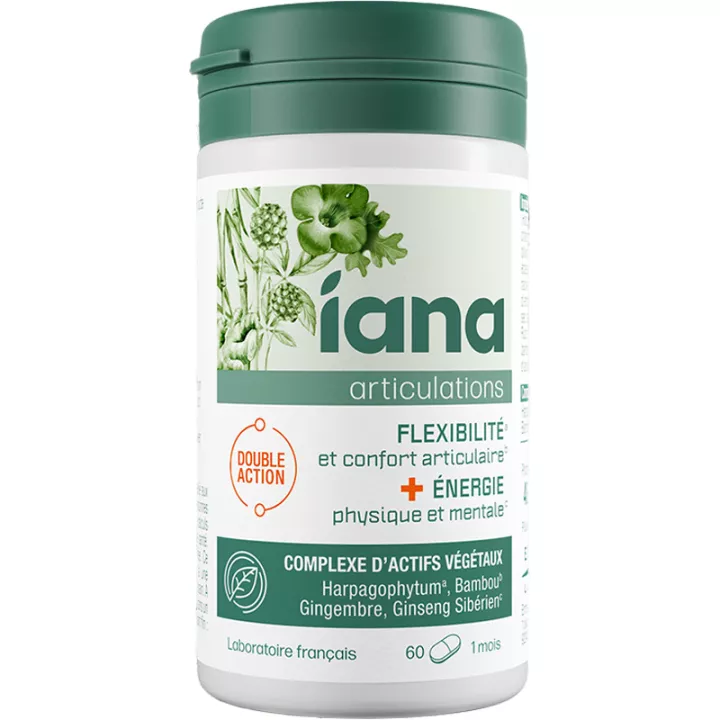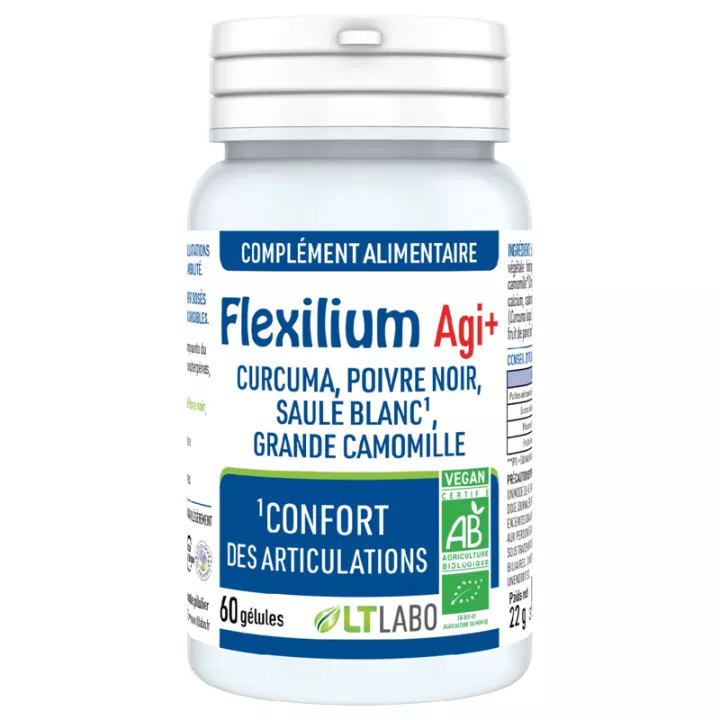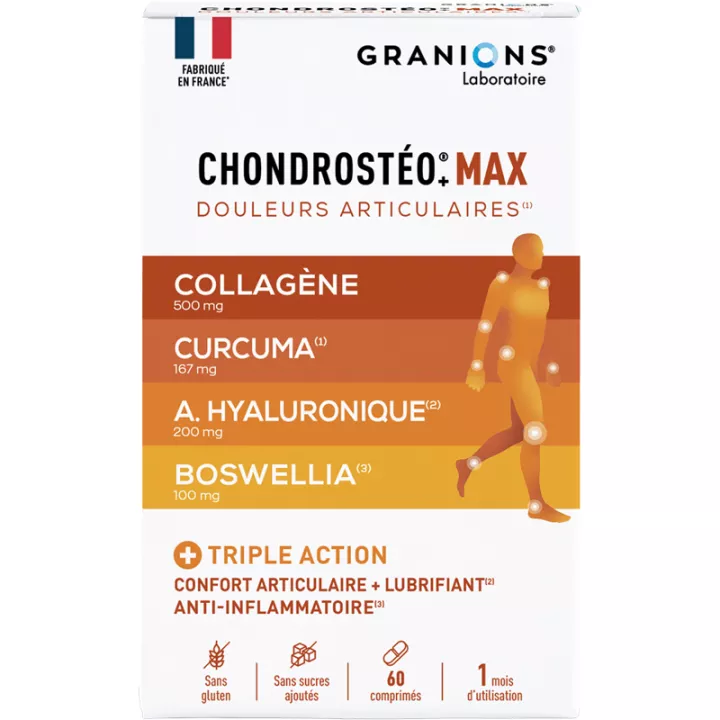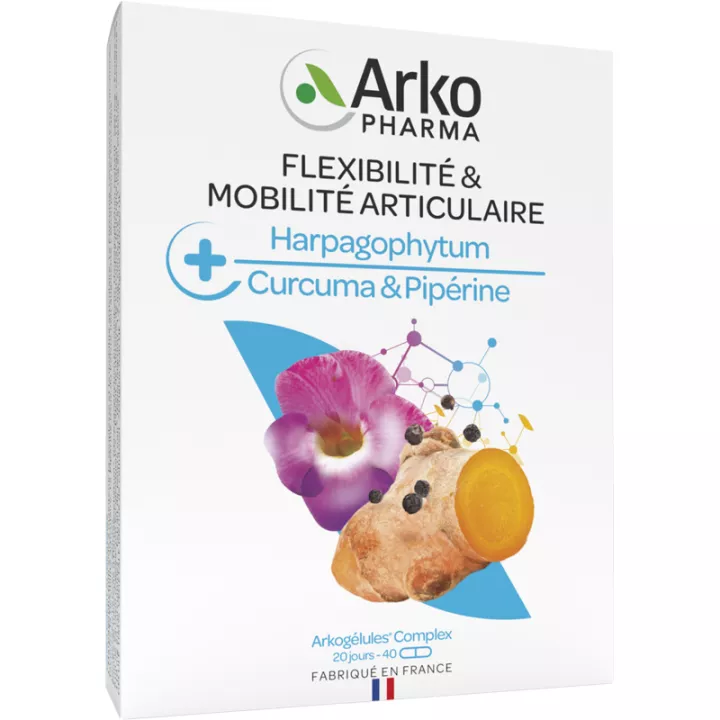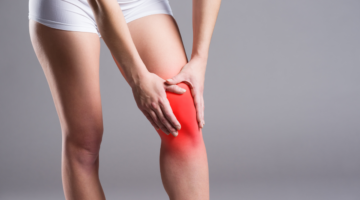Flexilium Organic Silicon Gel Joint Flexibility
Flexilium Organic Silicon Gel Joint Flexibility can be used for:
- improve mobility, flexibility and flexibility of joints
- fight brown spots , wrinkles or sagging skin .
Description of Flexilium Gel Organic Silicon Joint Flexibility
The organic silicon contained in Flexilium Gel contains organic silicon bioavailable by external application .
It acts at the level:
- connective tissue, bones and cartilage : in fact, silicon plays an essential role in cell reconstruction , connective tissue resistance, collagen production and the fluidification of synovial fluid * .
* Synovial fluid is a viscous biological fluid located at the joints and fulfilling several functions. It limits the friction between bones, dampens shocks, provides nutrients and oxygen for chondrocytes (cartilage cells) while eliminating their metabolic waste, and benefits from the presence of immune cells to eliminate possible body foreigners.
- muscles and tendons : it participates in the production of elastin whose muscles and tendons are provided.
- of the skin : silicon stimulates the formation of collagen and elastin, it preserves the integrity and the youth of the skin.
Advice for use and dosage
Apply a little gel on weakened areas, painful, several times a day. Massage briefly, the penetration is very fast.
Renew 3 times daily, at the beginning. Pursue as long as possible, even after relief.
Comment on usage tips and dosage of Flexilium Organic Silicon Gel Joint Flexibility with our Verified Reviews partner after your purchase.
Composition
Organosilicon concentrate (silanols) - Aqua, carbomer, silanols, sodium, hydroxide, perfume, phosphoric acid.
without paraben, phenoxyethanol and dye
French made.
Not tested on animals.
Precaution of use
External use only. Keep out of reach of young children. This product is not a medication
Presentation of Flexilium Gel Organic Silicon Joint Flexibility
Flexilium Organic Sillicium Gel Joint Flexibility is a 75, 150 or 250 ml tube.
Our advice and expert advice in pharmacy
What are the roles of organic silicon?
- It contributes to the assimilation and fixation of calcium, promotes remineralization.
- It stimulates the production of bone callus, the reconstitution of the cartilage.
- It also helps to improve the resistance, flexibility, elasticity of muscles and tendons but also joint areas (bone & cartilage) by stimulating the synthesis of collagen and elastin.
- A contribution of silicon, naturally involved in the synthesis of collagen and elastin and promoting the fixation of calcium, can contribute to the regeneration of cartilaginous tissues but also bone and tendon.
- Connective tissues contain two fibrous proteins: collagen and elastin. These two proteins make it possible to give the cartilages complementary qualities: resistance, elasticity and flexibility. Cartilage is a rather firm tissue that looks like rubber and covers the ends of bones in the joints. The primary function of cartilage is to reduce joint friction.
- Collagen is a key component of cartilage because it accounts for 67% of its composition while providing strength. The cartilage is hard but flexible which gives rigidity and flexibility to the structures it supports. It can withstand compression and tension. When collagen production decreases during aging, cartilage production is affected and the absorbent quality of the cartilage is reduced. As deterioration increases, joint mobility becomes difficult.
- Calcium is a trace element whose main function is the mineralization of the bone, the development of the skeleton. It is also involved in blood coagulation, muscle contraction and many enzymatic reactions at the cellular level. Silicon promotes its assimilation.
With age, the amount of silicon decreases irreversibly because of degeneration. In addition to diet, supplementation can be considered and useful for maintaining the vital balance. The decrease of silicon in our body inexorably causes a gradual deterioration of collagen and elastin fibers that profoundly changes the connective tissue. This process in turn causes aging and alteration of bones, cartilage and skin.
The problems of mobility and flexibility of joints can be the cause of a lack of organic silicon and a poor assimilation of calcium. Organic silicon is a physiological element of blood and tissue that contributes to the assimilation of calcium, phosphorus, magnesium and the synthesis of vitamin D, which itself fixes calcium.

